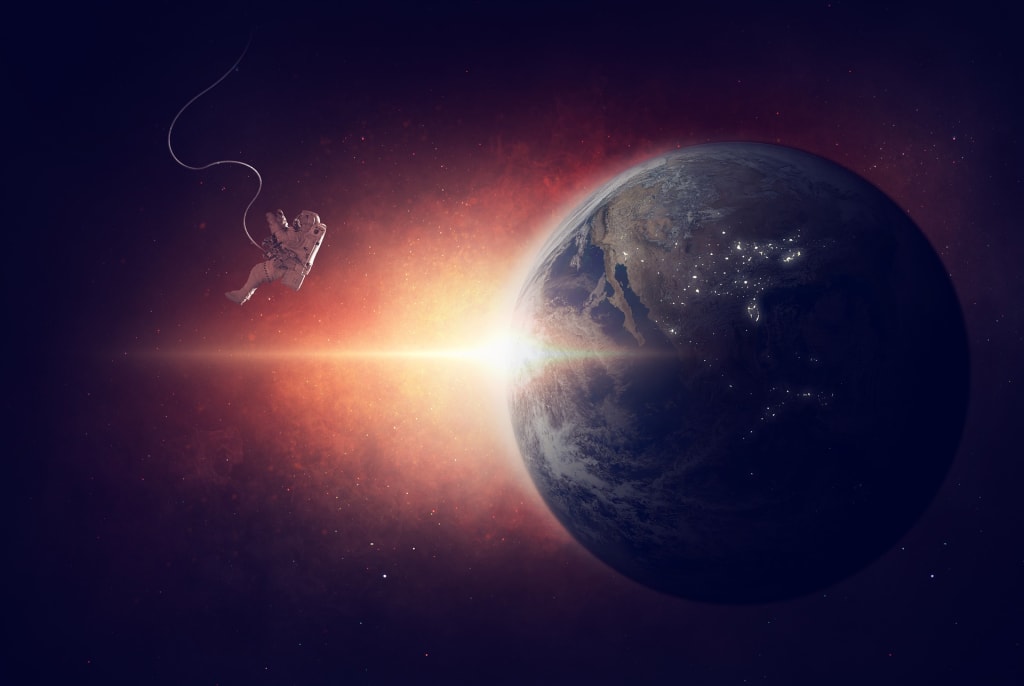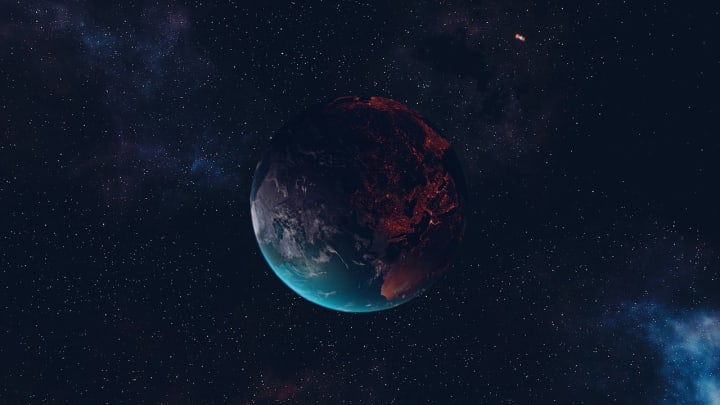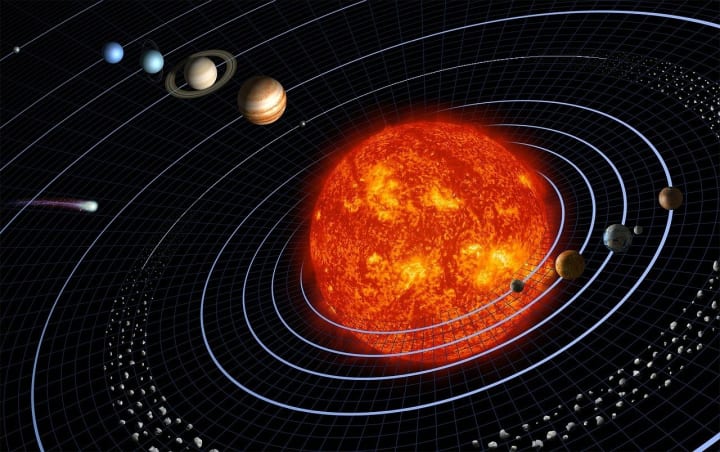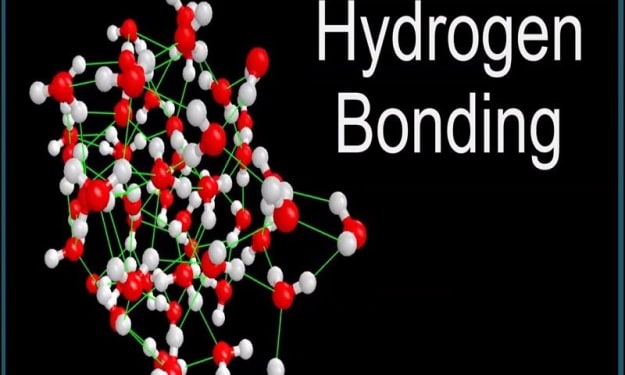What Would Happen To Earth If The Sun Disappeared?
Will life be sustained without its reliable source of light and energy?

Have you ever wondered what would happen if the sun, our reliable source of light and heat, suddenly vanished from the sky? It's an old but fascinating thought experiment, and from Newton to Einstein, many great scientists have given their opinions on this question.
The Sun is our energy source; without it, our Earth would be a frozen rock. We can stay assured that our sun won't disappear for at least the next 5 billion years. But because we are curious people, it's worth diving into the realm of curiosity and exploring what would happen if the sun suddenly disappeared.
Earth Without Sun

While musing about it, the first thing that comes to mind is that darkness would cover the Earth. But do you know that if the sun disappears, we won't even notice it for the first 8.5 minutes? It's because it takes roughly 8.5 minutes for light to reach Earth. But even after that, it wouldn't be complete darkness. Without the sun, our Earth would still be lit with human-made light sources and distant stars; it would be like a moonless night.
What about gravitational force? Just like light, it would also take 8.5 minutes before we can notice its absence. After that, Earth would start traveling in a straight line. We will discuss Newton and Einstein's views on it later in this article.
Fun fact: If you are standing 0.00075 meters away from a person, you will exert the same gravitational force on each other as the sun exerts on you. We do not notice this force because it's negligible compared to Earth's gravity.
Light and gravity would not be the only problems that we would face. Without the sun, the temperature of the Earth will decrease rapidly, which would be the biggest issue in front of us. Within the first week, its temperature would drop to 0° C.
But we humans can survive a few months easily. But by the end of the first year, the temperature would decrease to -73° C, making our survival more challenging.
The molten core at the center of the Earth would be our last energy source. While the ocean's surface would freeze due to low temperatures, the heat from Earth's core would maintain the liquid water below the thick ice sheet.
Can We Live Without The Sun?

As we all know, plants need sunlight for photosynthesis, and without it, they can't survive. So you might think that all trees would die within a few days, but that's not entirely true. Only small plants would die in a few days. Large trees have enough sugar in them to survive for decades.
However, oxygen wouldn't be a major issue for humans even after all the trees are dead. Our Earth has enough oxygen to sustain life for billions of years. But once large trees are dead, the food chain will break, and most living creatures will die.
In order to survive, humans would have to start moving towards geothermal areas like Yellow Stone and Iceland for heat. Unfortunately, humans would not be able to survive on Earth without the sun for a long time.
But here's an exciting thing, some microorganisms living deep in the ocean would survive for billions of years without the sun. They don't practice photosynthesis or eat food like us; instead, they practice chemosynthesis, converting heat from Earth's core into energy they need to survive.
There would be no effect of the sun's disappearance on them. Even now, the sun's presence has no significant impact on them. It's awesome that life will exist on Earth even after billions of years without the sun.
Will The Earth Float In Space For Eternity?

After the sun's disappearance, Earth will move in a straight line if it doesn't collide with any other planet or big objects. It will keep moving straight for billions of years. There are limitless possibilities of what can happen. But Earth would likely collide with any big object in its way.
According to scientists, Earth may find another star to orbit in a few billion years. In that case, ice on Earth would melt again. Then those microorganisms that use chemosynthesis will be the only living creatures on Earth, and they may adapt and evolve under the new environment.
Traces of human intelligence will still be present on Earth. If an intelligent alien species finds our planet, they will know what we were like by analyzing the ruins of great structures we built.
Newton Vs Einstein

This peculiar question about the sun's disappearance is not new; it's a centuries-old debate. One of the greatest minds in history, Sir Isaac Newton, who discovered the three laws of motion and the law of gravity, had predicted what might happen in this case.
He predicted if the sun suddenly vanished, all planets would fly out tangentially instantaneously. It's like you are revolving a stone tied to a thread; the stone will instantly fly tangentially once you leave it.
Another genius mind who worked on gravity and also gave his views on this matter was Albert Einstein. He said that nothing can travel faster than the speed of light, not even gravity. According to his general theory of relativity, gravitational waves travel at the speed of light, so planets will leave their orbit once the darkness hits them.
This thought experiment is evergreen; people still enjoy reading and thinking about what might happen in this case. We have tried to cover some of the interesting aspects of this matter, but we can only cover some of it. Did we forget to mention something important? If yes, then please remind us and tell us what you think.
About the Creator
Roshan Kumar
A Random Blog Writer
Enjoyed the story? Support the Creator.
Subscribe for free to receive all their stories in your feed. You could also pledge your support or give them a one-off tip, letting them know you appreciate their work.






Comments
There are no comments for this story
Be the first to respond and start the conversation.